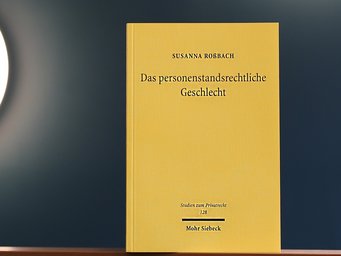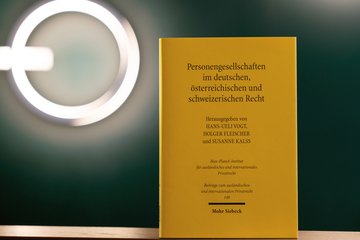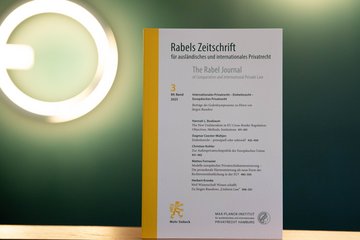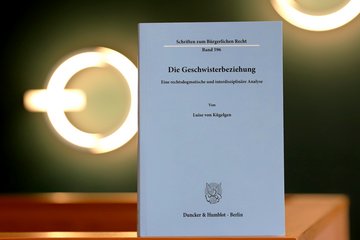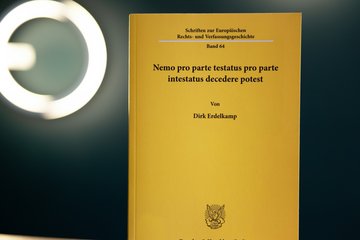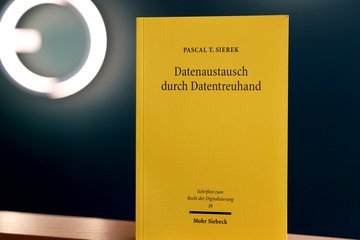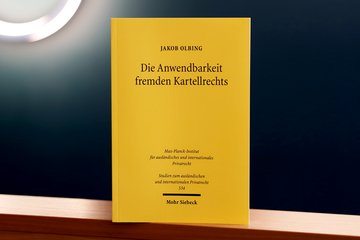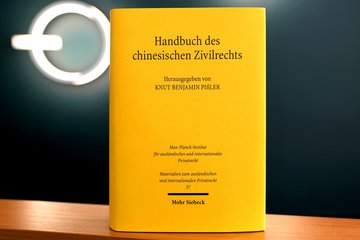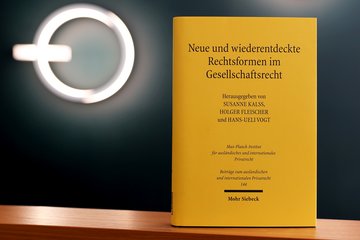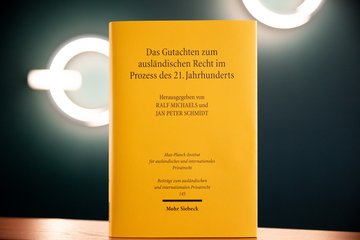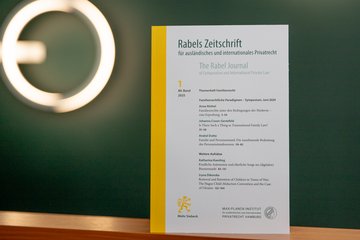Legally Recognised Gender
The Past, Present, and Future of Gender Entries in Civil Registries
A gender entry is made in the birth registry of every child born in Germany. Yet this obligatory classification stands in conflict with a multi-dimensional understanding of gender that encompasses, in particular, gender identity. Consequently, it can occur that an incorrect classification made at the time of birth must later be rectified. In her doctoral dissertation, Susanna Roßbach, senior research fellow at the Institute, examines the past, present and future of gender entries in civil registries.
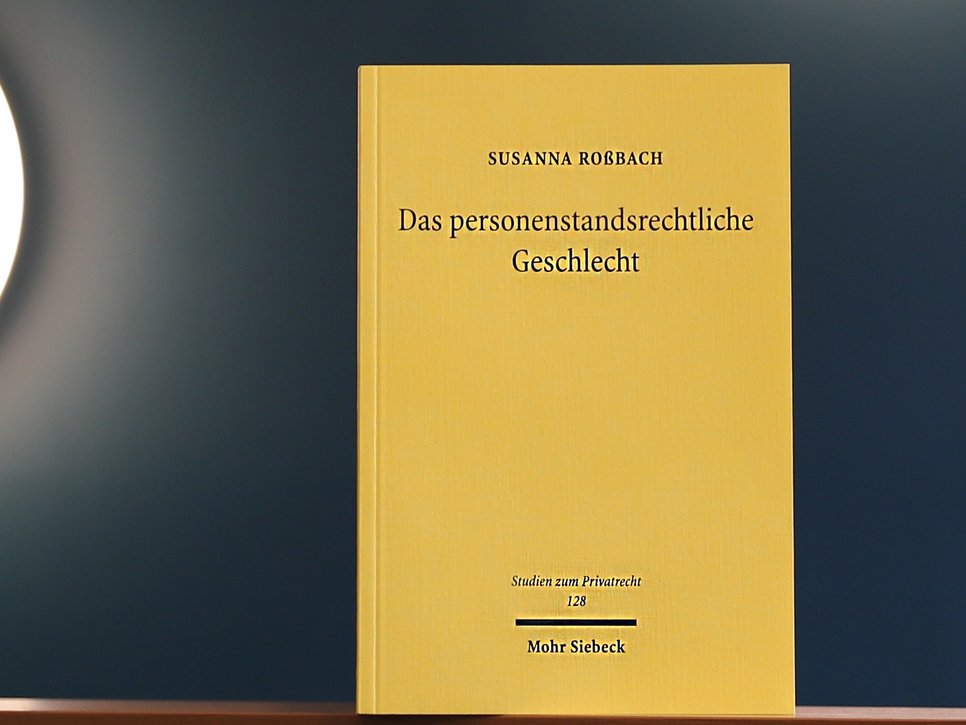
Gender is a complex construct but nevertheless universally present as a basis of societal classification. The question of just what constitutes gender has gained renewed attention with the new German Self-Determination Act. But how should the legal assignment of gender be determined? What is the process for a subsequent correction of a gender entry? And just what role is played by the gender entry found in birth registries?
It is these questions that Susanna Roßbach explores in an intra-disciplinary study that examines the legally interconnected nature of gender in terms of three lines of development: the broadening of civil status options, the relaxation of the conditions for changing a gender entry, and gender’s loss of importance as a substantive law element.
Roßbach observes that decisions of the Federal Constitutional Court have for decades been based on a scientifically recognised, multidimensional understanding of gender, one whose dimensions include, in particular, an individual’s psychological constitution as well as the enduring self-perception of gender. As the mandatory registration of gender at birth takes into account only the physical aspect, there consequently arises the need for a mechanism to subsequently correct a legal assignment of gender. Against such a background, Roßbach sees the Self-Determination Act as, among other things, an attempt to address and mitigate a fundamental conflict.
Her doctoral study scrutinizes the state-mandated registration of all individuals’ gender and comes to the conclusion that the requirement’s primary function – facilitating legal transactions through the creation of an evidentiary presumption – is almost wholly irrelevant in today’s world. In bringing her inquiry to a close, she presents regulatory alternatives that could resolve the fundamental conflict she has described, in each case outlining the associated legislative challenges.
Dr Susanna Roßbach studied law at the Philipps-Universität in Marburg. Subsequently, she completed her period of legal internship with the Schleswig-Holstein Higher Regional Court, including stations at the Norddeutscher Rundfunk and the Ludwig Boltzmann Institute of Fundamental and Human Rights in Vienna. She served as a research assistant at Bucerius Law School and at the Europa-Universität Flensburg. In 2024 she was awarded her doctorate summa cum laude by Bucerius Law School. Since that time she has held a position at the Institute as a reserarch fellow and post-doctoral candidate (Habilitandin).
Image: © Max Planck Institute for Comparative and International Private Law / Marlena Staak
